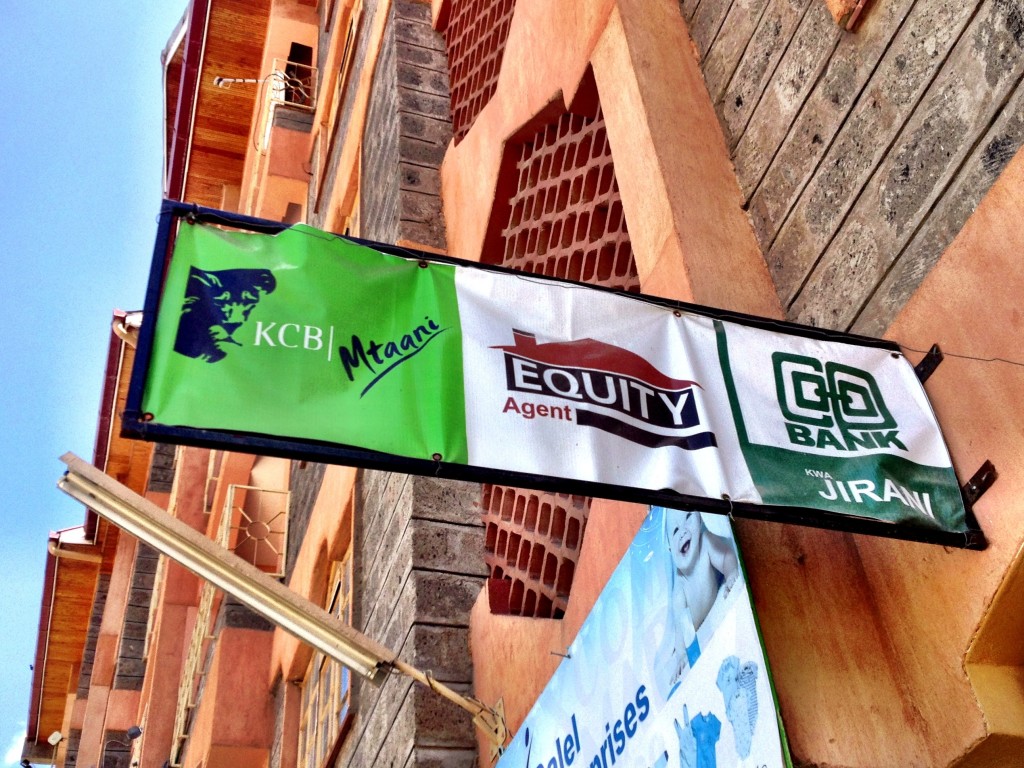As from December 2024, Kenyan banks are set to reduce their lending interest rates following cuts by the Central Bank Rate (CBR) by the Central Bank of Kenya (CBK). The CBK lowered its benchmark rate by 75.0 basis points to 11.3% from 12.0% on December 5, 2024, marking the third consecutive reduction since August 2024. This policy shift aims to stimulate economic growth and ease the cost of borrowing amid controlled inflation and challenging global conditions.
Lower interest rates reduce borrowing costs, making credit more affordable for businesses and individuals. This encourages investments in key sectors like manufacturing, infrastructure, and agriculture, fostering economic growth. Small and medium enterprises (SMEs), which are vital to Kenya’s economy, benefit significantly from cheaper loans, enabling them to expand operations, create jobs, and boost productivity.
Consumers also gain from reduced loan repayment burdens, leaving more disposable income for spending on goods and services. This increase in domestic demand can benefit sectors such as retail, real estate, and transportation, contributing to overall economic recovery. However, lowering interest rates increases debt levels which can be beneficial in the short-term but in the long-term there is risk of default and financial instability.
Cheaper credit supports private sector growth, allowing companies to invest in technology, innovation, and workforce development. This enhances Kenya’s competitiveness and aligns with long-term goals under Vision 2030. Additionally, reduced borrowing costs lower the government’s debt servicing burden, freeing up funds for essential public investments in infrastructure, healthcare, and education. Lower central bank rates typically lead to lower yields on government bonds. As a result, the government borrows money at a cheaper cost.
Despite the benefits, the policy presents some risks. Increased borrowing and spending may trigger inflationary pressures, requiring careful monitoring by the CBK. When borrowing is cheaper, demand for goods and services rises leading to higher prices. Lower interest rates can also reduce the returns on savings, affecting the individuals who rely on interest income. Banks may face higher credit risk as loan portfolios expand, making creditworthiness assessments crucial. Furthermore, lower interest rates could discourage savings, reducing the availability of domestic capital for lending unless offset by foreign investments.
The lowering of interest rates by Kenyan banks represents a strategic effort to revive economic activity and improve financial access for businesses and households. While the move holds significant growth potential, it requires careful management to balance economic growth with financial stability. If successful, this policy could drive sustainable development and enhance financial inclusion, positioning Kenya for long-term economic success.
















